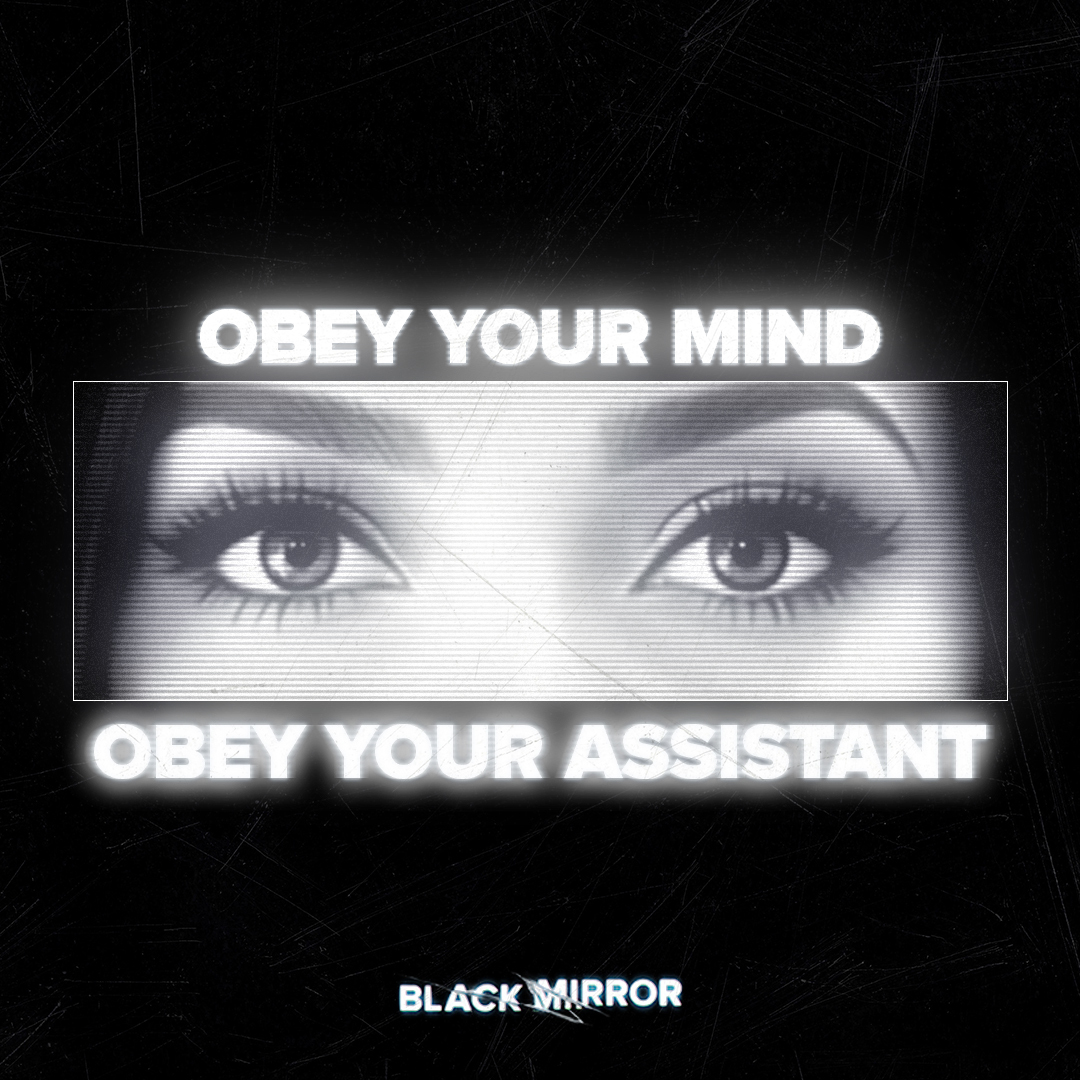Licensed token launch invites fans to trade privacy for perks—under the watchful eye of Iris.
A new on-chain experience is asking the question no episode ever dared phrase so literally: What would you sacrifice for digital clout if money was on the line?
That’s the premise of the officially licensed Black Mirror crypto game, unveiled Wednesday by KOR Protocol and endorsed by rights-holder Banijay Brands.
The interactive project, powered by a soon-to-launch Black Mirror token, merges social-credit scoring with the tokenomics of Web3—and it has already logged 13,000 player sign-ups before mint details are public.
BREAKING NEWS: A NEW DIGITAL ORDER IS EMERGING
— blackmirror_xp (@blackmirror_xp) April 18, 2025
As of this moment, you are being watched. Tracked. Rated. The system is compiling its calculations.
Will you embrace it, or be left behind?
Register for early access: https://t.co/pybGKiUuUS pic.twitter.com/Q9rJ8B9bTa
How the game works
At the heart of the Black Mirror crypto game sits Iris, a virtual assistant that tracks both blockchain transactions and social-media behavior. Connect an Ethereum or Solana wallet, link your X (formerly Twitter) account, and Iris begins compiling a reputation score.

Flip NFTs too quickly, dump tokens after a pump, or troll community feeds, and your score drops. Hold assets, contribute useful threads, or recruit new users, and Iris rewards you with XP, on-chain badges—and potentially airdropped Black Mirror tokens.
The entire reputation profile lives inside a Social ID Card NFT, which the developers call a “portable on-chain passport.” High scorers can unlock whitelist access to elite drops, influence storyline decisions in a resurrected “Smile Club,” and even wager reputation in Tamagotchi-style mini-games scheduled for Q3.
Dystopia as design doc
Fans will instantly recognize echoes of the series’ most unsettling hours.
The 2016 episode “Nosedive” imagined a world where people rate one another after each interaction, dictating social status and opportunity.
Last season’s premiere skewered livestream stunts funded by micro-donations. The Black Mirror crypto game stitches those tropes together, framing social capital as the ultimate tokenized commodity.
The Official Black Mirror Token is coming.@netflix's most iconic dystopian series is going onchain.
— blackmirror_xp (@blackmirror_xp) April 30, 2025
Billions of views. Millions of fans. One token🧵⬇️ pic.twitter.com/TLxEKGJ9Lv
A teaser on X captures the tone: “Iris doesn’t care who you are—only how far you’ll go to earn your five-star destiny.” It feels like marketing copy scraped straight from a Black Mirror cold open, and that’s by design. The project’s litepaper argues that on-chain communities need trustworthy reputation layers to filter bots, fraud, and dopamine-driven wash trading. Whether that need justifies turning daily clicks into measurable worth remains the open ethical question—one the game invites players to explore by living it.
Who’s backing the experiment?
KOR Protocol lists Animoca Brands, Niantic Labs, and Avalanche among its backers.
The Black Mirror crypto game is the company’s flagship deployment of what it calls “behavioral proof-of-stake”—an algorithm that weighs wallet history and social engagement to grade credibility.

If successful, KOR intends to license Iris to other DApps, effectively exporting a science-fiction credit system to the broader Web3 landscape.
This isn’t the first time Banijay has tested tokenization. Last year’s Smile Club, built by Pixelynx, offered non-fungible collectibles tied to social-score quests but never minted a standalone coin.
Separately, The Sandbox hosted a Black Mirror voxel event that recreated the “Nosedive” rating plaza. With the new rollout, Banijay is escalating from marketing skits to full economic ecosystem.
Chain choice and tokenomics
Developers haven’t revealed which network will host the Black Mirror token, only confirming Ethereum- and Solana-wallet compatibility.
Observers speculate the team could opt for a multi-chain launch, given Avalanche’s advisory role. Airdrop mechanics also remain fuzzy, though the litepaper hints at tiered emission: higher reputation earns larger tranches, but only if users maintain positive behavior streaks. Token supply, vesting schedule, and governance structure are expected before the June beta.
Community reaction so far
Early sign-ups on X split between hype and healthy paranoia. Advocates praise the Black Mirror crypto game for tackling Web3’s Sybil problem with narrative flair.
Skeptics warn that gamified surveillance crosses the same ethical lines the TV series lampoons. “Congrats, we’ve speed-ran to Season 10 dystopia,” one user quipped. Still, even critics admit curiosity: every new follower adds XP points, and fear of missing the first airdrop is powerful bait.
What comes next
The roadmap targets late-summer token minting after a closed beta stress-tests Iris’s scoring algorithm.
Dynamic quests will expand beyond social feeds into DeFi, asking players to stake liquidity or vote in DAOs for clout. A mobile-AR “Mirror Hunt,” developed with Niantic advisors, is penciled for year-end—think Pokémon GO meets credit-score scavenger hunt.
Whether the Black Mirror crypto game ultimately empowers communities or simply monetizes them, it crystallizes the franchise’s core warning: technology rarely changes human nature, it just puts a price on it. The difference this time is that price might arrive in your wallet.






